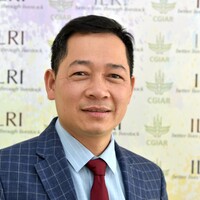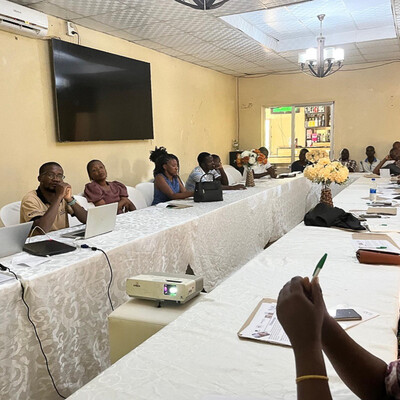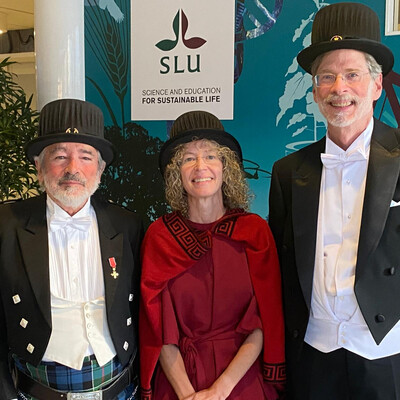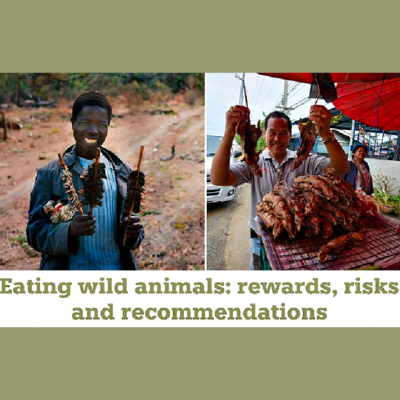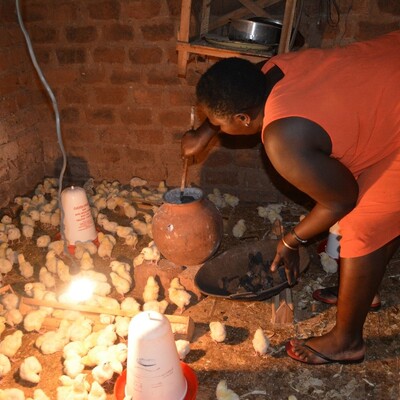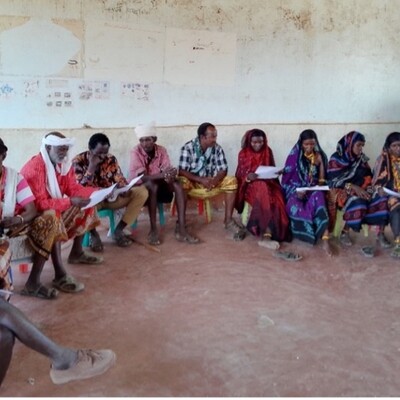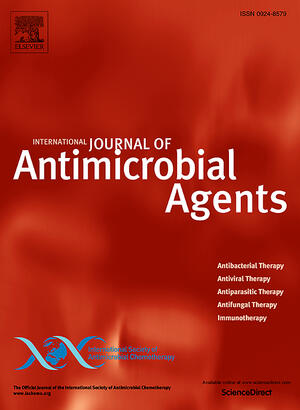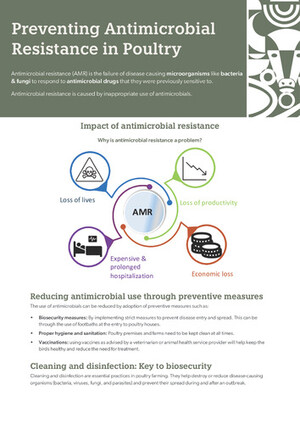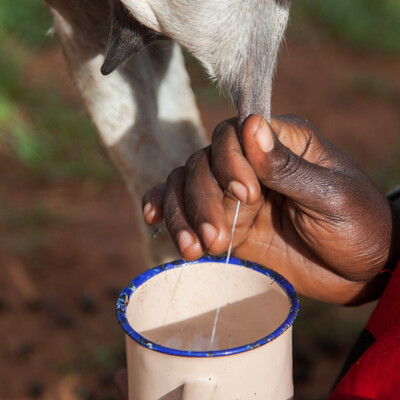
Protecting human health through a One Health approach
This research initiative aims to demonstrate how One Health principles and tools integrated into food systems can help reduce and contain zoonotic disease outbreaks, improve food and water safety, and reduce antimicrobial resistance, benefitting human, animal and environment health.
COVID-19 is the sixth zoonotic pandemic since 1980. The frequency and severity of these events is increasing as people encroach on wildlife habitats, and livestock and fish production systems intensify.
Animal production systems are reservoirs of zoonotic pathogens, which are responsible for 60% of human communicable disease cases. Two thirds of global antimicrobial use, the key driver of antimicrobial resistance, is in livestock production.
Antimicrobial resistance causes 1.2 million deaths annually and is projected to kill 10 million people every year by 2050. Trade of animals and animal-source foods at increasing scales multiplies the magnitude of health and economic risks.
Livestock generate 85% of global animal faecal waste, leading to environmental degradation and human exposure to waterborne pathogens.
Foodborne disease takes a toll comparable to that of tuberculosis, malaria and HIV/AIDS, but receives a small fraction of the investment from international donors.
Solving these challenges requires both overcoming institutional barriers to cross-sectoral collaboration and stronger evidence on the importance and cost-effectiveness of incorporating One Health principles into management of food systems.
Activities
- Preempting the emergence and spread of zoonoses with epidemic and pandemic potential at the interface of wildlife, livestock, and people, including in bushmeat value chains.
- Reducing the burden of foodborne disease with a focus on animal-source and other perishable foods, including in informal and traditional food systems.
- Reducing the selection and spread of antimicrobial resistance from livestock, fish and crop production systems.
- Improving waste and water management, with a focus on pollution from livestock and aquaculture, including zoonotic pathogens, antimicrobial residues and antimicrobial resistant bacteria and resistance genes.
- Testing the effects of capacity building, incentives, and monitoring on behavior of value chain actors and government personnel providing support or oversight for relevant sectors. Assessing the cost-effectiveness of innovations and the private and public cases for investment.
Expected outcomes
- Budgetary contingency plans and decision support tools for emerging infectious diseases adopted by 1–2 countries.
- Strategies integrating public health and veterinary services for prevention and control of neglected zoonotic diseases serve at least 100,000 livestock dependent individuals.
- Government and private sector support voluntary upgrading of informal food business operators serving 174,000 consumers through an 'enabling, capacitating, and motivating' approach toward their integration into regulatory structures for food safety in at least three countries.
- At least two countries incorporate tools and targets to reduce antimicrobial use and antimicrobial resistance based on CGIAR evidence in their antimicrobial resistance action plans.
- Role of the water in the transmission of pathogens and anti-microbial resistance, and proposed solutions for waste and water management, are recognized in national One Health planning processes of at least two countries.
- One Health policy planning processes in at least three countries take into account gendered constraints and incentives of small- and medium-scale food system actors, tradeoffs across policy goals and the magnitude and distribution of impacts.
Partners
The initiative will engage a wide range of different types of partners supporting demand, innovation and scaling, including academic, training and research partners; private sector partners; government and other public sector partners; multilateral organizations; foundations; international, regional, national and local non-governmental organizations; and public-private partnerships. Specific partners will be listed here as partnership agreements are confirmed, after the initiative has been formally approved.
Contacts
Hung Nguyen-Viet, Initiative lead
h.nguyen@cgiar.org
Vivian Hoffmann, Initiative co-lead
v.hoffmann@cgiar.org






